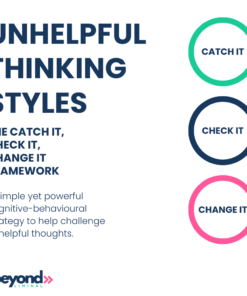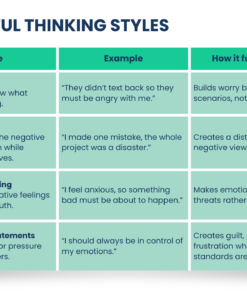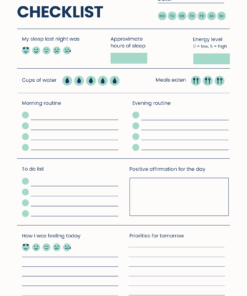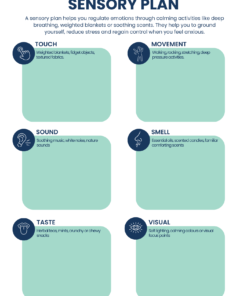Change, Motivation, Occupational Therapy
1. Motivation: how small changes can make a big difference
Taming the motivation monster: how small steps guided by occupational therapy can keep you moving forward
Motivation that elusive feeling that propels us towards our goals can often feel like an unpredictable force of nature. Some days we wake up feeling energised and ready to tackle our to-do list with enthusiasm while other days even the simplest task can feel like climbing a mountain in thick fog. The good news is that motivation isn’t some magical quality you either possess or lack. Instead it’s a skill a muscle that you can actively build and strengthen bit by bit by making small sustainable changes to your daily routines and mindset much like the approach taken in occupational therapy.
The motivation rollercoaster: you’re not alone
We’ve all been there riding the motivation rollercoaster with its exhilarating highs and frustrating lows. It’s easy to feel disheartened when motivation dips but it’s important to remember that this ebb and flow is a normal part of the human experience. Occupational therapists who work with individuals to achieve their goals understand this fluctuating nature of motivation and focus on building strategies that don’t solely rely on this unpredictable feeling.
Small steps mighty leaps: the power of starting small
One of the biggest culprits in the demise of our motivation is often setting our sights too high too soon. When a task or goal feels overwhelmingly large our brain instinctively resists even starting. It’s like looking at a towering mountain and feeling instantly defeated before even taking the first step.
Instead of aiming for drastic overnight transformations focus your energy on taking small manageable steps. Want to incorporate more exercise into your life? Don’t commit to an hour at the gym every day start with a brisk five-minute walk around the block. Struggling to keep your home tidy and organised? Don’t try to tackle the entire house at once set a timer for just two minutes and focus on tidying one small area like your desk or a kitchen counter.
The key here is consistency making these small actions a regular part of your routine because small successes build momentum like a snowball rolling gently downhill gradually gathering size and speed. This aligns perfectly with the occupational therapy principle of grading activities breaking down large tasks into smaller more achievable components.
Your surroundings matter: creating an environment for success
Believe it or not your physical environment plays a significant role in your levels of motivation. If your workspace is cluttered and disorganised it can create a sense of mental clutter making it difficult to focus and concentrate on the task at hand. Similarly if your phone is constantly buzzing with notifications and distractions it becomes incredibly easy to get sidetracked derailing your motivation.
A simple yet effective change like keeping your immediate workspace clear and tidy or setting your phone to ‘Do Not Disturb’ mode during focused work periods can create a more conducive environment for getting things done. Occupational therapists often assess and adapt environments to support individuals’ ability to engage in their desired activities with greater ease and focus.
From motivation to automatic pilot: building the power of habit
Relying solely on motivation as your driving force is a bit like relying on the weather to decide whether you’ll go for a walk. Some days it will be bright and sunny and you’ll feel naturally inclined to get moving but other days it will be grey and rainy and your motivation might disappear. A more sustainable approach is to shift your focus from the fleeting feeling of motivation to the reliable power of habit. Habits are essentially automatic behaviours that require less conscious effort and willpower. Pair a new habit you want to develop with something you already do consistently.
For example if your goal is to drink more water make it a habit to take a sip of water every single time you check your emails. By linking the new desired behaviour to an existing routine you reduce the mental effort required to initiate the new habit making it much more likely to stick. Occupational therapists are skilled in habit training helping individuals establish routines that support their goals and improve their daily functioning.
Celebrate your victories big or small: the fuel for future motivation
Motivation thrives when you can clearly see the progress you’re making even if those steps seem small. Every tiny achievement deserves recognition. Keep a simple checklist to track your completed tasks journal your successes no matter how minor they might seem or simply take a moment to consciously acknowledge what you’ve accomplished. The more you actively celebrate these small wins the more positive reinforcement you provide to your brain making you feel more motivated and confident to keep going. Occupational therapists often use activity logs and other tracking methods to help individuals visualise their progress and celebrate their achievements fostering a sense of accomplishment and encouraging continued engagement.
Motivation and meaning: the occupational therapy connection
In occupational therapy motivation is often intrinsically linked to the concept of meaning and purpose. When you are engaged in activities that you find meaningful and that align with your values your motivation tends to flow more naturally. Occupational therapists work with individuals to identify their values and goals and then help them find ways to participate in activities that are both meaningful and achievable fostering a sense of purpose that naturally fuels motivation.
Final thoughts: motivation is a skill you can cultivate
Ultimately motivation isn’t about waiting for that perfect moment of inspiration to strike. It’s about making small intentional changes to your mindset your environment and your routines that gradually add up over time creating a positive cycle of action and accomplishment. By starting small tweaking your surroundings building helpful habits and consciously acknowledging your progress you can cultivate a sustainable sense of motivation that keeps you moving forward towards your goals and enables you to engage more fully in the activities that bring meaning to your life.
Take the first small step towards a better you today
If you’re in the UK and would like to explore how occupational therapy can support your mental health we encourage you to reach out to your GP to access local NHS services that can support you or if you’re interested in private occupational therapy practices get in touch. Don’t wait to start your journey towards a more fulfilling and balanced life.
Step into change: your toolkit for everyday wellbeing
Start your journey today with our self-help guides, resources and practical, supportive tools designed to help you take that first step towards positive, lasting change. Whether you’re building a routine, managing emotions or finding balance, there’s something here to support you.





